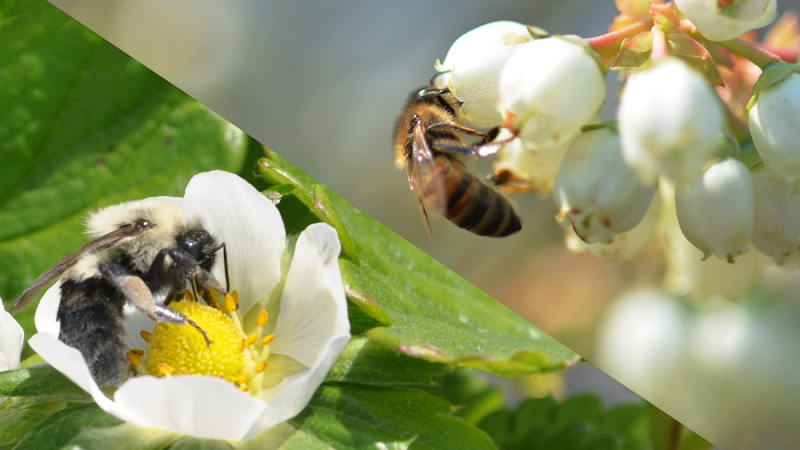New Technology May Help Crops Survive Drought And Save Water
Purdue researchers are developing a technology that could enable specific plants and crops to survive extreme periods of drought, while significantly decreasing agricultural water consumption.
Ray Bressan, a distinguished professor in Purdue’s College of Agriculture; Yang Zhao, a research assistant in horticulture; Jian-Kang Zhu, a distinguished professor of plant biology; and Zhulong Chan, a past postdoctoral fellow in Jian-Kang Zhu’s lab, developed the technology.
Bressan said because of factors such as drought, which is the most significant environmental stress on world agricultural production, agriculture has become the largest consumer of fresh water.
“Agriculture uses about 75% to 80% of the available clean, fresh water supply, a phenomenon that exists all over the world and is only getting worse,” he said. “In places like California, where drought is especially prevalent, the first thing they’re going to have to do to make a real difference in water conservation is limit the amount of water that farmers need to successfully grow crops.”
Zhao said current genetically modified drought-resistant crops are only successful in narrow environmental conditions and rely on rescue irrigation if conditions become too severe.
“When plants or crops have no water, their first response is to stop growing, which makes them much smaller and consequently produce less product. Biotech companies, however, are removing this response so that plants and crops continue to grow even with a lack of water,” he said. “The difficulty with that strategy is that if the crops face a prolonged period of drought, then they are actually more sensitive because they don’t have their natural responses for protection. If a drought did become too severe, then these companies or farmers could use rescue irrigation, if available, so the plants can survive.
“Irrigation is considered a luxury in farming; it’s expensive and only a very small percentage of total agriculture uses it. Also, in some areas irrigation isn’t an option because there isn’t enough water available, so this method wouldn’t be very effective to a lot of the farming operations.”
The Purdue researchers have developed an alternative way to genetically modify crops and plants to survive severe drought conditions. The technology utilizes a gene that causes the plant to have rapid leaf pore closure, a reduced rate of water loss due to evaporation, alleviated cell membrane damage, and improved photosynthesis that results in an improved reaction to drought conditions.
“Our technology enables plants to protect themselves with dormancy. Some plants, such as lawns, usually turn brown and look dead when it doesn’t rain for a long time, but when it starts to rain, they start growing again.










